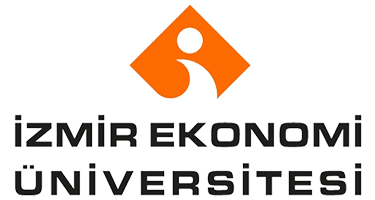Badges in the 2019 - 2020 Academic Year

|
What do 'stars' mean? One-star badge: Awarded for attending a CCPL course, joining a workshop series or project, or carrying out an individualised PD project. Two-star badge: Awarded for completing a CCPL course, workshop series, project, or individualised PD project by finishing the required tasks. Three-star badge: Awarded upon completion of the previous criteria, for sharing PD outcomes at the SFL Workshop Festival or presenting at a national or international conference. Crown badge: Awarded for publishing research in a peer-reviewed journal, academic book, or book chapter, or for presenting at a peer-reviewed national or international conference, either individually or in collaboration with colleagues the instructor shows proof that other colleagues. You can have a look at the detailed rubric.
Below, you discover a wide variety of badges representing a wide-variety of accomplishments. Please click on the badges below to see the descriptions - what the instructors have achieved through their PD projects.
1. Reflection 1.2. Reflective Practice in the Classroom 1.3. Student and Teacher Feedback – ENG 410 Course 1.4. Students' Perceptions of Academic Writing 1.5. Peer Observation and Self Reflection 1.6. Evidence-based Collaborative Reflection 2. Language Use & Skills 2.1. Online Games to Teach Reading & Vocabulary 2.4. The challenges of Intonation and Article Usage for Turkish students 2.5. Enhancing Speaking Skills in Basic Levels 2.6. Dialogues in the classroom 2.7. Vocabulary Self Learning Skills 2.8. Facilitating the Acquisition of Grammar Gender in Italian 2.9. An Introduction to the Concept of Gender Category in Russian 2.10. Developing Students' Communicative Competence in Chinese 3. Materials and Curriculum 3.1. Developing in-house material for lower levels 3.2. Math and Science in ESL classrooms 3.3. Intercultural competence through the "Turkish" reading of La vida de Lazarillo de Tormes (1554) 3.4. Curriculum Design for a Business Spanish Course 4. Methods of Teaching 4.2. Movement in the Classroom 4.3. Use of LMS for Asynchronous Interaction 4.5. Effective instructions to reduce TTT 4.6. Ways to Generate Student Engagement 5. Assessment and Retention 5.2. Monitoring Student Progress |
THE BADGES IN THE 2019-2020 ACADEMIC YEAR
1. REFLECTION
1.1. Ed Tech via E-Ref
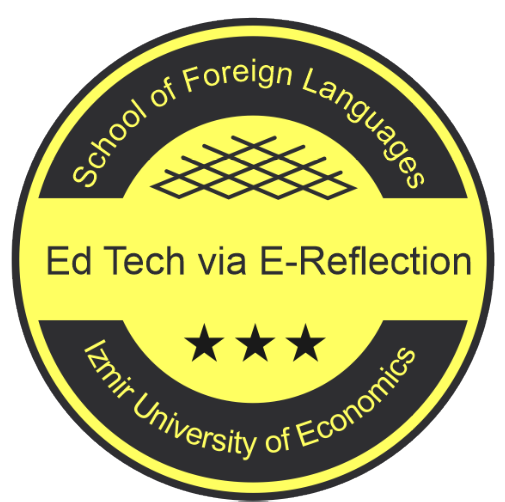 |
FUNDA ÇETİN |
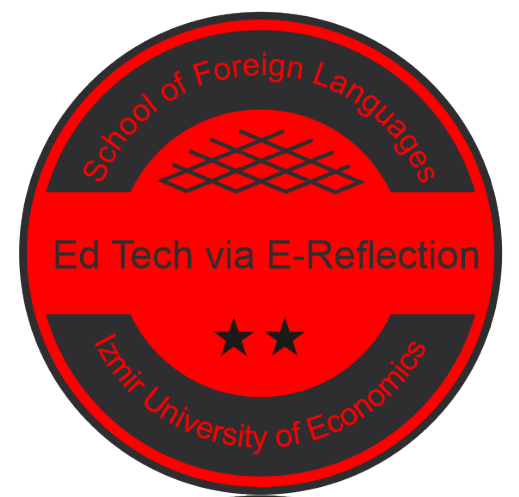 |
AYGÜN BODUROĞLU FRIDAY LONGWE MARY JANE ÖZKURKUDIS MASSIMILIANO DAMIANI MEHMET DERVİŞ SALTIK MURAT ÖZDEMİR PINAR ACAR |
1.2. Reflective Practice in the Classroom
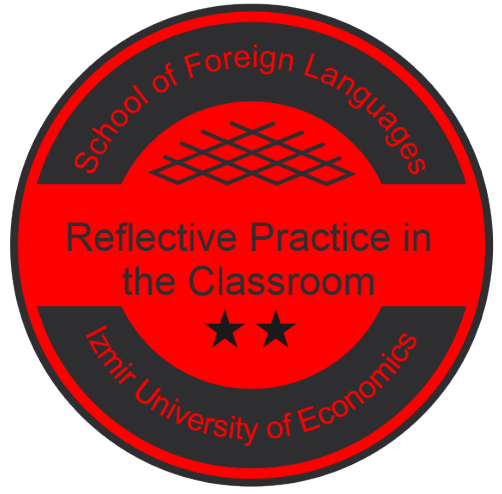 |
RICHARD GILES SMITH |
1.3. Student and Teacher Feedback – ENG 410 Course
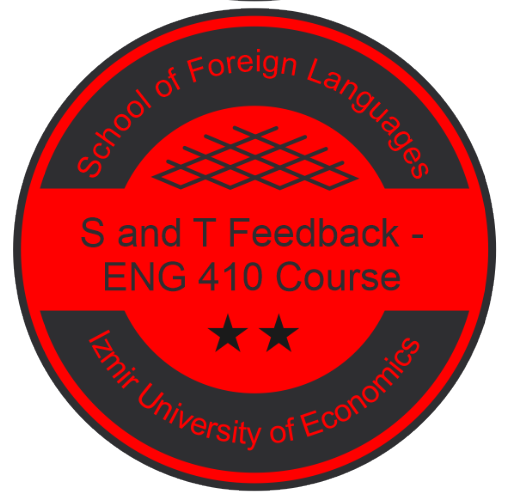 |
HEATHER AUSTIN |
1.4. Students' Perceptions of Academic Writing
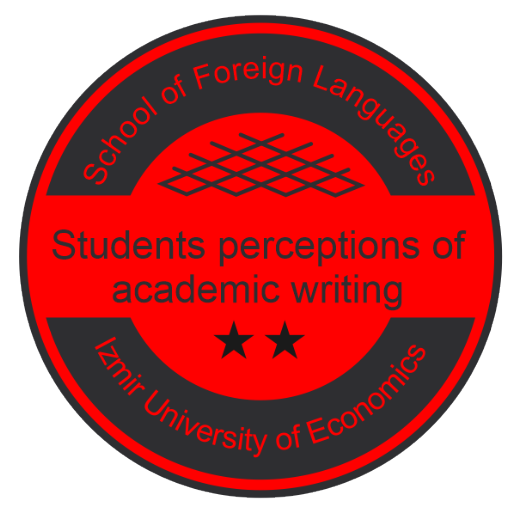 |
SIMON MUMFORD |
1.5. Peer Observation and Self-reflection
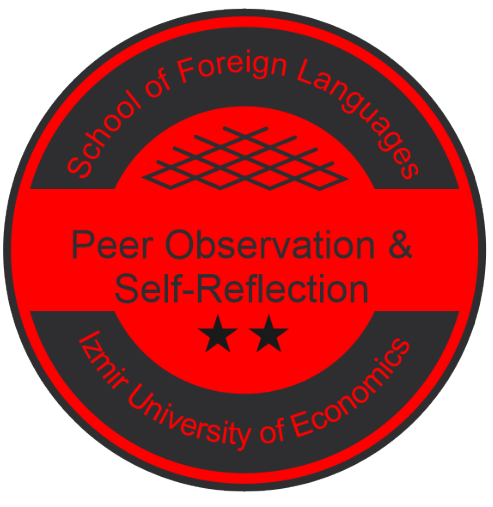 |
SELDA BODUR |
1.6. Evidence-based Collaborative Reflection
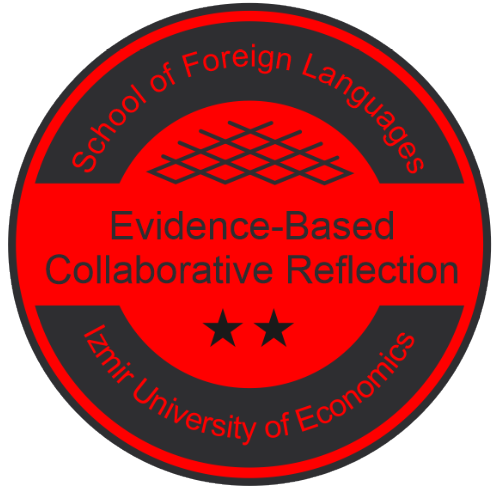 |
BERİL KEBAPÇIOĞLU CATHERINE BAYDAR İDİL ANIL KIRIKKAYA |
2.1. Online Games to Teach Reading & Vocabulary
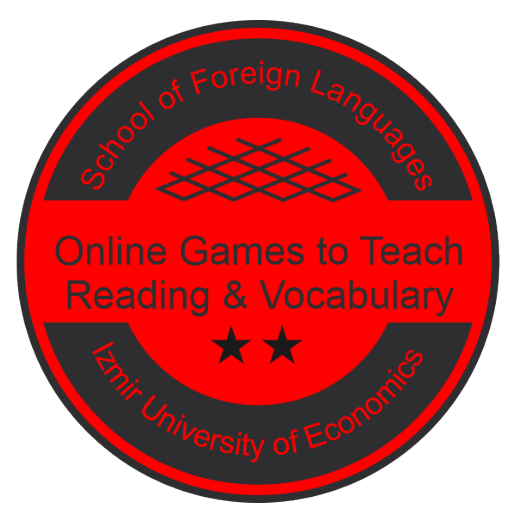 |
FİLİZ AYDEMİR |
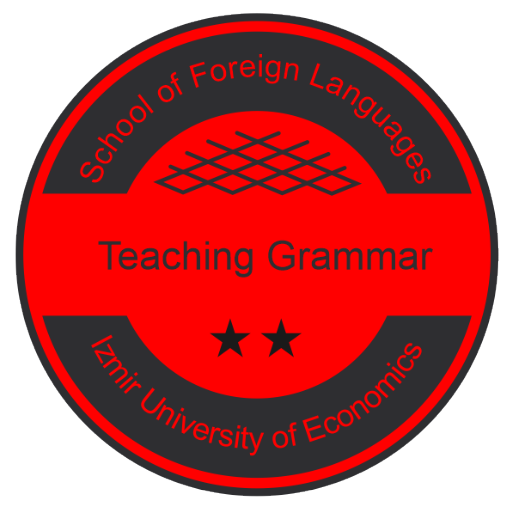 |
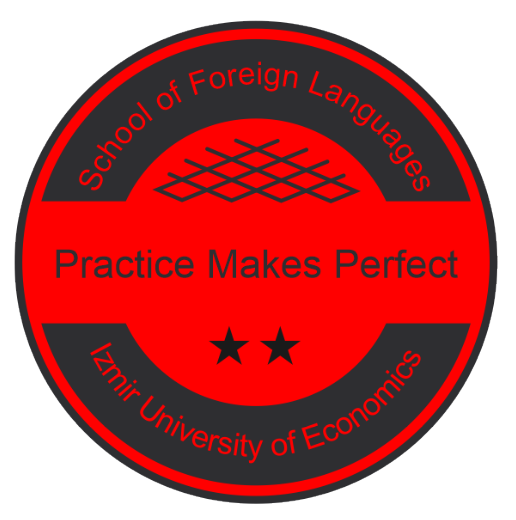 |
ELİF BODUROĞLU |
2.4. The challenges of Intonation and Article Usage for Turkish students
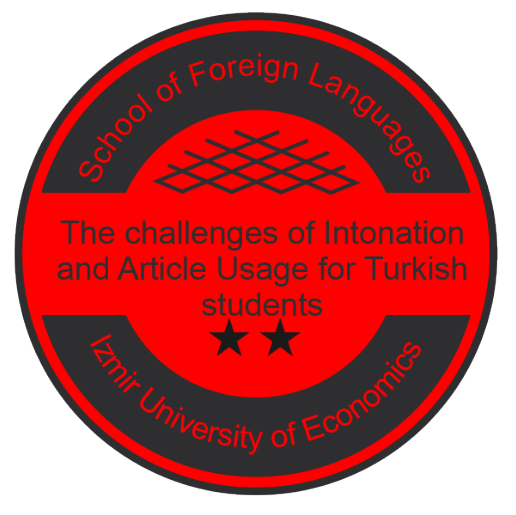 |
AYSİM YÜKSELER |
2.5. Enhancing Speaking Skills in Basic Levels
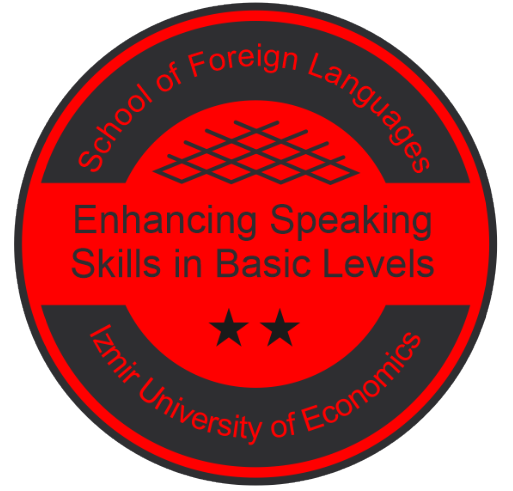 |
JUAN MORCOTE SANTOS |
2.6. Dialogues in the classroom
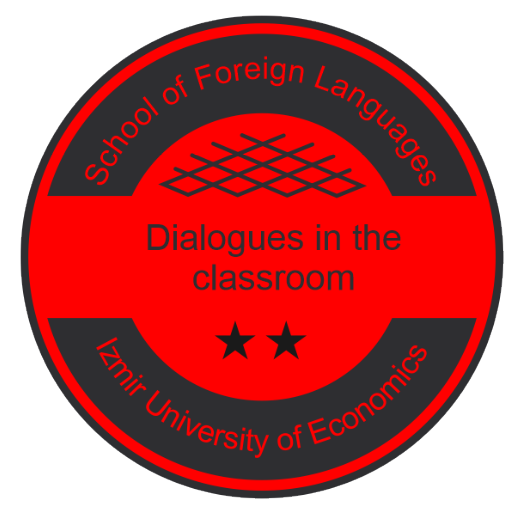 |
AKKADIN CANKAYA SEVİM |
2.7. Vocabulary Self Learning Skills
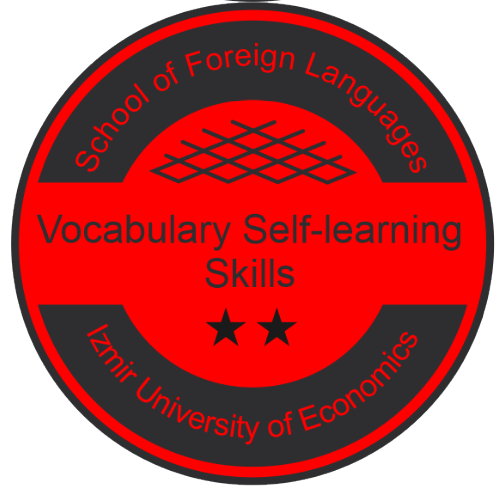 |
JOHN ROBERTSON |
2.8. Facilitating the Acquisition of Grammar Gender in Italian
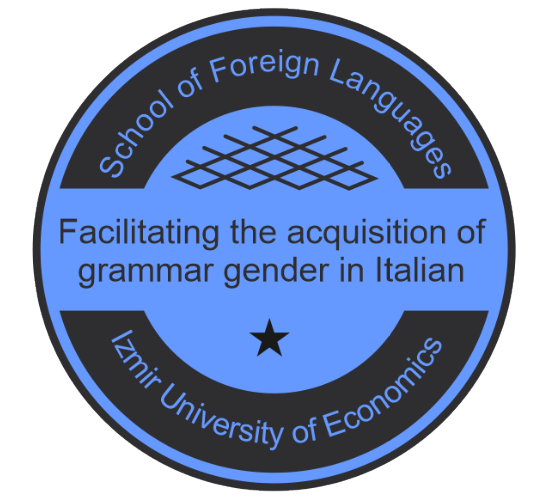 |
ANNAMARIA LAPIRA |
2.9. An Introduction to the Concept of Gender Category in Russian
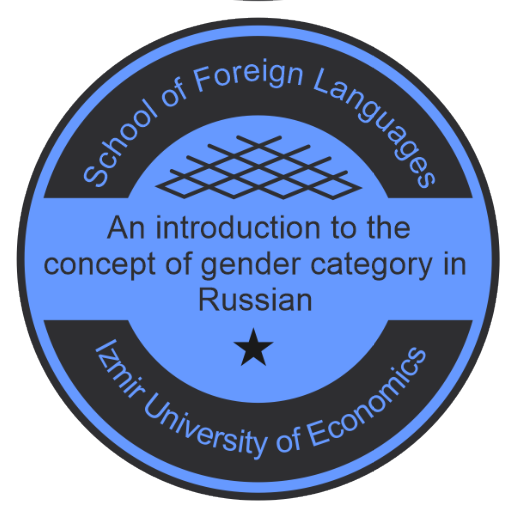 |
ANASTASIYA PETUKHOVA |
2.10. Developing Students' Communicative Competence in Chinese
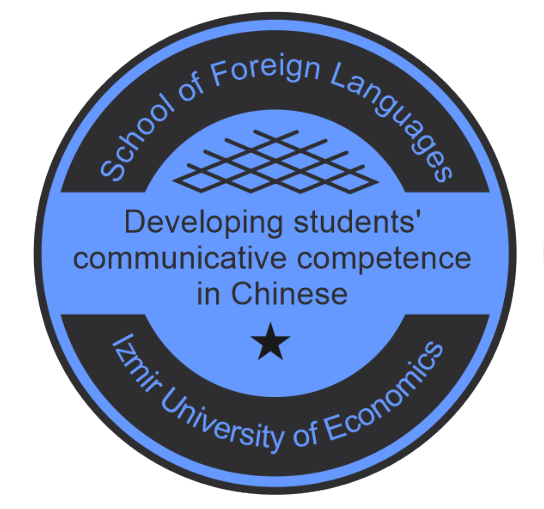 |
YUAN PENG |
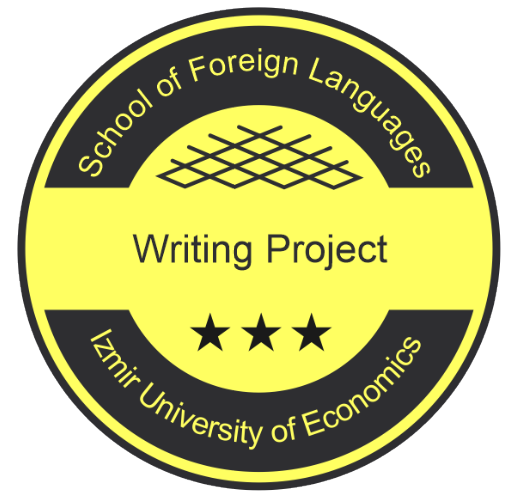 |
BERİL KEBAPÇIOĞLU CATHERINE BAYDAR İDİL ANIL KIRIKKAYA
|
3.1. Developing in-house material for lower levels
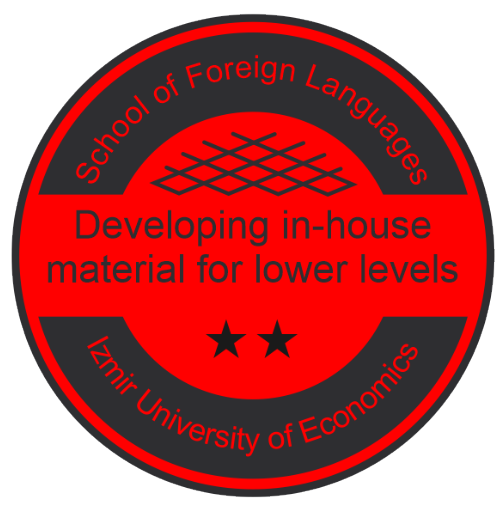 |
ÖZGE COŞKUN AYSAL |
3.2. Math and Science in ESL classrooms
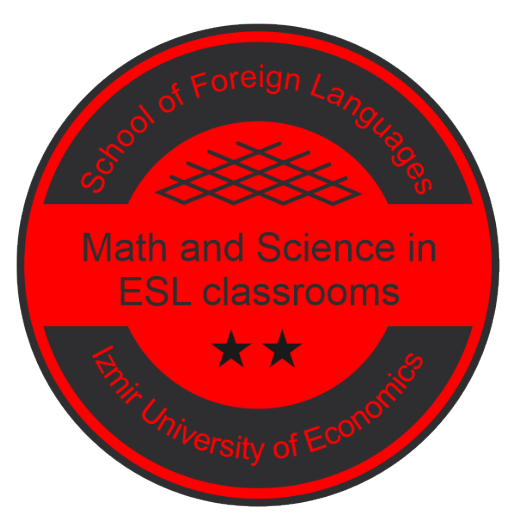 |
ELİF AKALP |
3.3. Intercultural competence through the "Turkish" reading of La vida de Lazarillo de Tormes (1554)
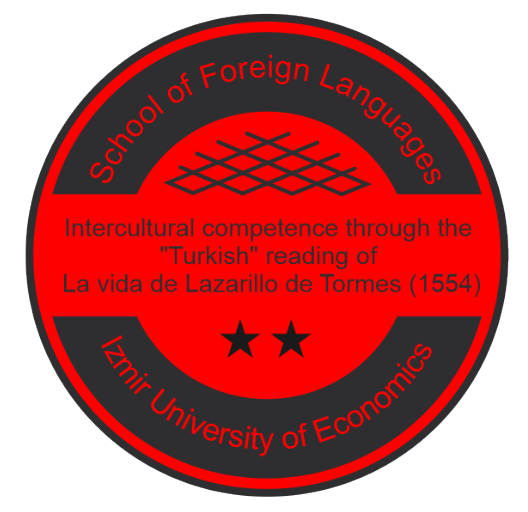 |
DR. MARCO ANTONIO DA COSTA BODELON |
3.4. Curriculum Design for a Business Spanish Course
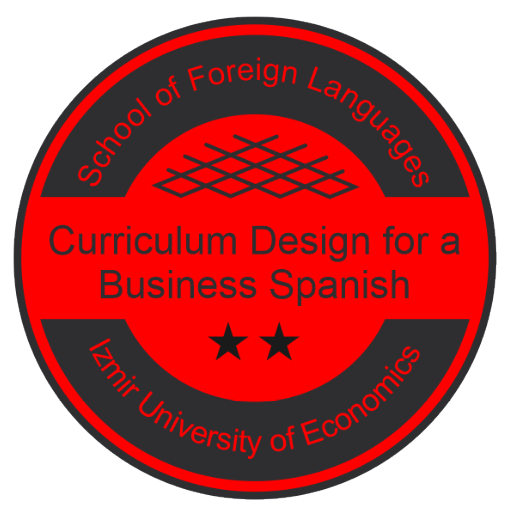 |
ELMA COJURO GONZALEZ |
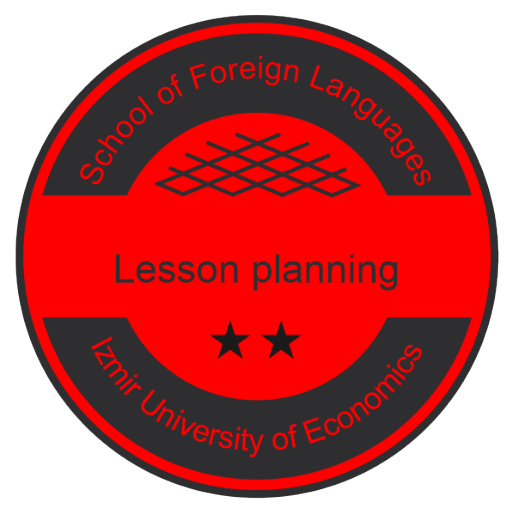 |
FEYZA ÖZDEMİR |
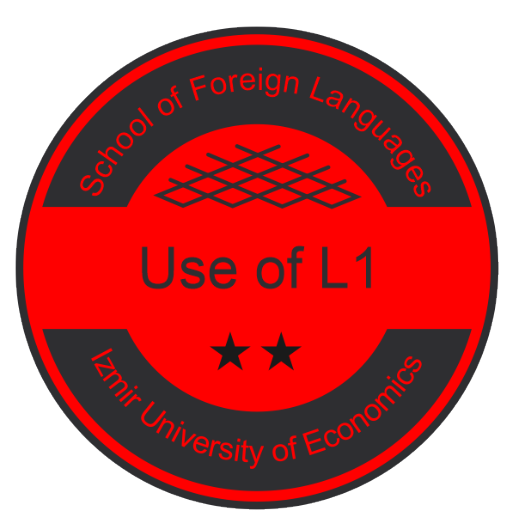 |
YASEMİN YORGANCIOĞLU |
4.2. Movement in the Classroom
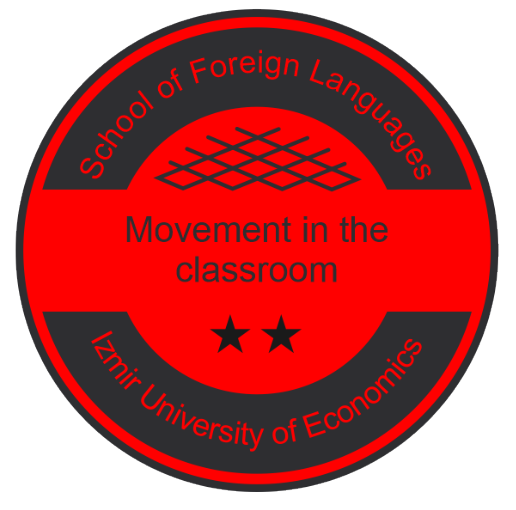 |
NİLAY ALTINKURT GEZGİN |
4.3. Use of LMS for Asynchronous Interaction
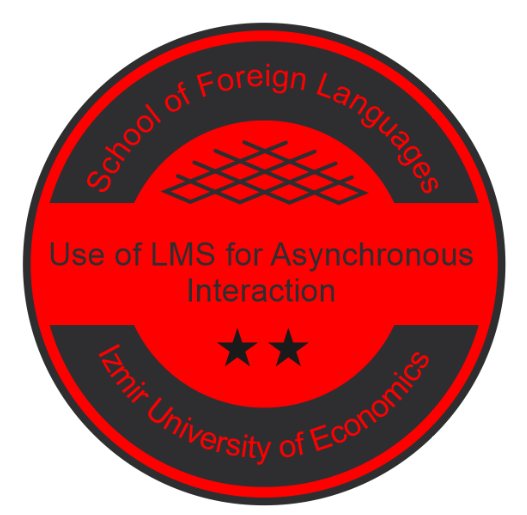 |
AYLİN GÜR |
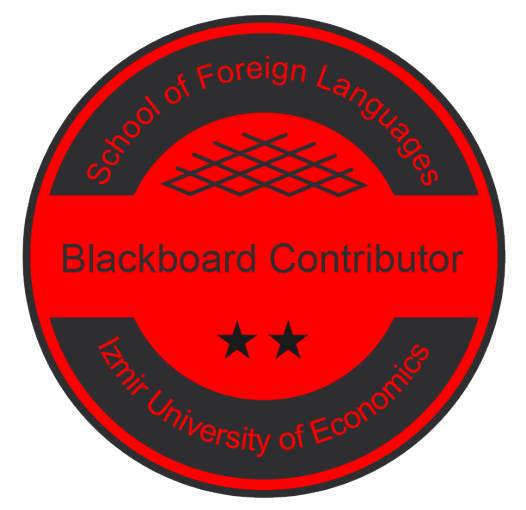 |
ANTONIO RAMIREZ |
4.5. Effective instructions to reduce TTT
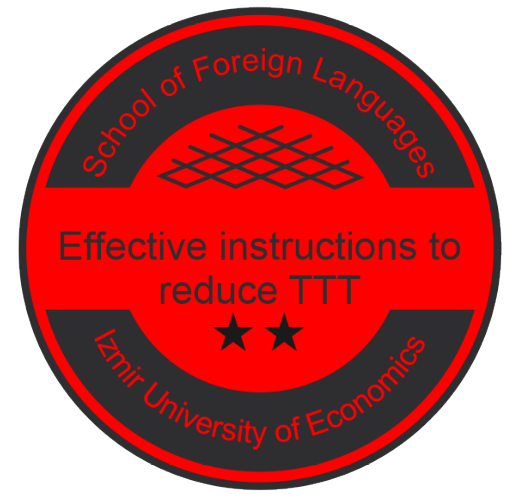 |
ARZU AYDONAT |
4.6. Ways to Generate Student Engagement
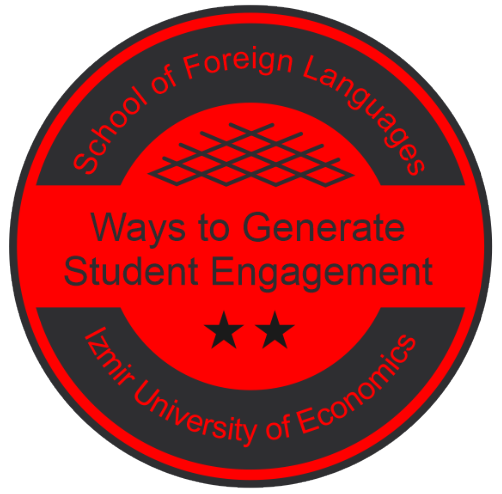 |
PAMELA MCARTUR YALÇUK |
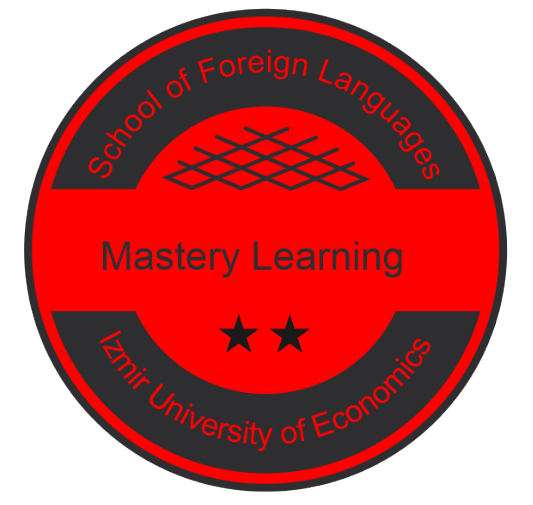 |
BEATRICE YAVAŞER |
5.2. Monitoring Student Progress
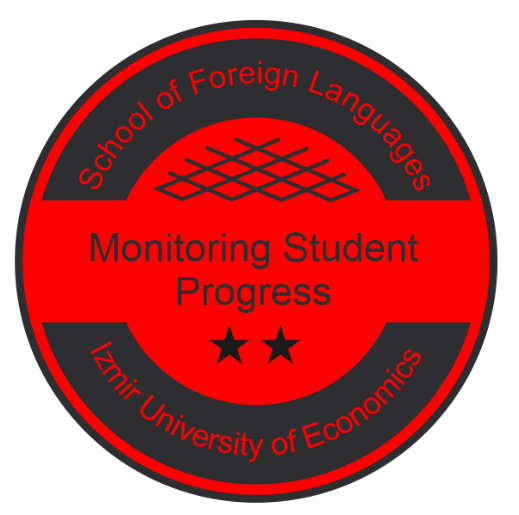 |
|
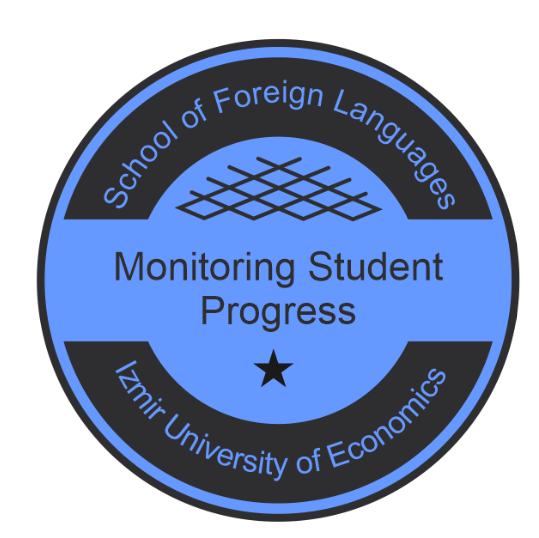 |
|
5.3. Motivation in Support Classes
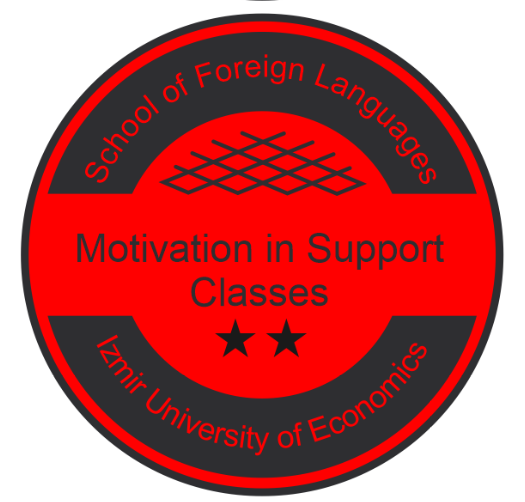 |
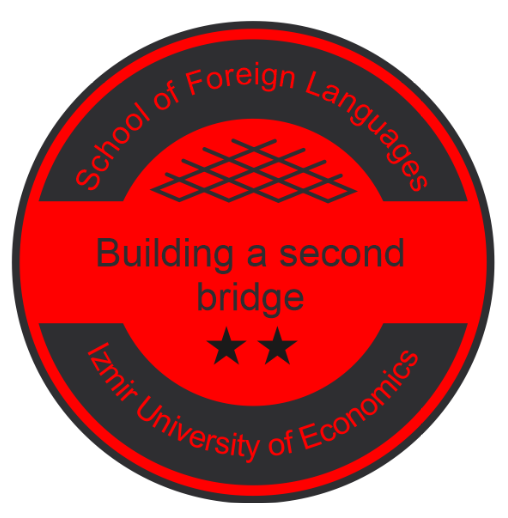 |

İZMİR EKONOMİ ÜNİVERSİTESİ GÜZELBAHÇE KAMPÜSÜ
DetaylarKÜRESEL KARİYER
İzmir Ekonomi Üniversitesi, dünya çapında bir üniversiteye dönüşürken aynı zamanda küresel çapta yetkinliğe sahip başarılı gençler yetiştirir.
Daha Fazlası..BİLİME KATKI
İzmir Ekonomi Üniversitesi, nitelikli bilgi ve yetkin teknolojiler üretir.
Daha Fazlası..İNSANA DEĞER
İzmir Ekonomi Üniversitesi, toplumsal fayda üretmeyi varlık nedeni olarak görür.
Daha Fazlası..


